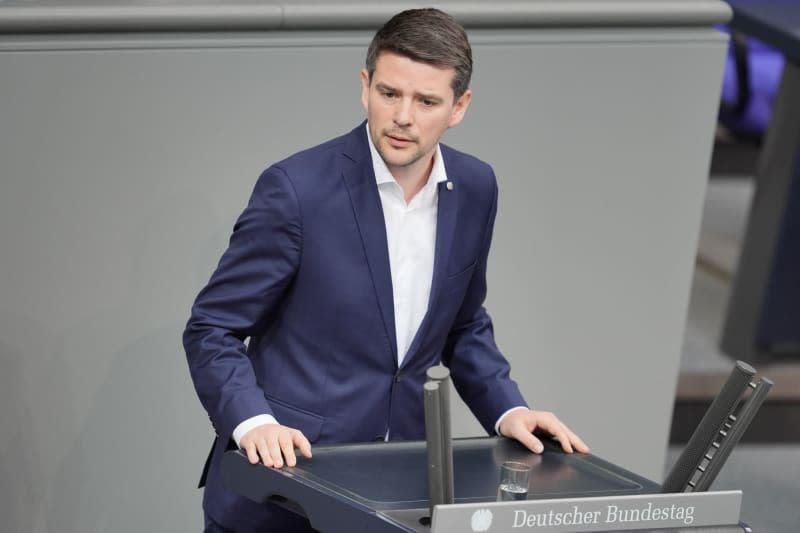Marcus Faber, chairman of the Bundestag’s Defence Committee, has expressed scepticism about deploying the Bundeswehr, Germany’s armed forces, in the Middle East conflict.
Faber, a member of the pro-business Free Democratic Party (FDP), suggested that while Germany should support Israel, this support might be better provided through rapid approval of arms exports rather than direct military involvement.
“The Bundeswehr in Israel has not been requested and could be of little help,” Faber told the German media group Redaktionsnetzwerk Deutschland (RND).
This debate arises amidst varying perspectives within Germany’s political landscape.
The Bundestag, Germany’s federal parliament, consists of multiple parties with differing views on foreign policy and defence.
Roderich Kiesewetter, a foreign policy expert from Germany’s opposition CDU centre-right party, had previously argued that the German government should also offer Israel military assistance to defend itself against the threat of an Iranian attack.
However, his party colleague Johann Wadephul takes a different view: “As far as we know, scenarios such as military support are not on the agenda. This would require a parliamentary mandate anyway,” Wadephultold RND.
Jürgen Hardt, foreign policy spokesman for the CDU/CSU parliamentary group, also contradicted Kiesewetter.
The Christian Social Union (CSU) is the CDU sister party in the southern state of Bavaria.
He told WDR radio that expectations should not be raised that German fighter jets could be used to defend Israel: “I fear that the Bundeswehr would not be in a position to do so, even if we wanted to,” Hardt said.
He also added that such questions should not be discussed openly, but behind closed doors.
Meanwhile, defence expert Andreas Schwarz, a member of German Chancellor Olaf Scholz’s Social Democratic Party (SPD) told RND: “So far there have been no inquiries from Israel. However, I assume that the German government is prepared for this and is in contact with Israel and its Western allies on this issue.”
Schwarz pointed out that protecting Israel was a matter of German state policy. “This is a clear promise with a very high level of responsibility. In an emergency, these big words must be followed by the corresponding actions,” he said.
Josef Schuster, president of the Central Council of Jews in Germany, reinforced this view in the RND interview, stating that Germany’s historical responsibility for Israel’s security is crucial, even if not legally binding.
“But from my point of view, this of course means that in the event of an attack on the scale that is currently threatened, Germany must also stand by the Jewish state militarily.”
Volker Beck, president of the German-Israeli Society, called for immediate approval of all arms exports to Israel, advocating for swift action from the Federal Security Council, which comprises the chancellor and key federal ministers.
These discussions reflect the complexities of Germany’s foreign policy, where historical responsibilities, political alliances, and defence capabilities all play crucial roles.









